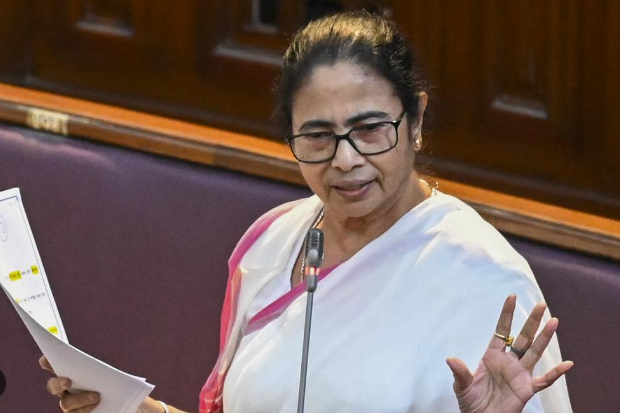
Supreme Court Considers Regulating Surrogate Mother Payments Despite Commercial Ban
Last Updated on September 11, 2024 by Amit Patra
In a dramatic turn of events, the Supreme Court of India suggested that it may permit a regulated mechanism for compensating the surrogate mother despite having put the commercial surrogacy disallowance. The stand was given during the hearing of the various petitions filed under sections 125 of the constitution raising concerns over certain provisions of the Surrogacy Regulation Act and the Assisted Reproductive Technology (Regulation) Act, 2021.
While absolving them of exploitation, a two-judge bench comprising of Justices B. V. Nagarathna and N. Kotiswar Singh stated that, “One stark reality which can also not be shut our eyes to is that the payment is likely to be made to them in any case”. Justice Nagarathna said that it is necessary to have a list so that the same women should not be exploited time and again and instead of intending couple directly paying, there has to be a concerned authority through which this amount must be paid to surrogate mothers.
Overall, the approach of the Court in this issue is very realistic, given the scenario of surrogacy that India finds itself in. In a country where only altruistic surrogacy is legal and all commercial surrogacy activity is prohibited, said the justices concerned; such practice in the black market is therefore possible and therefore required more regulation.
Solicitor General Aishwarya Bhati, arguing on behalf of the Union government and affirming that it has no ulterior motive with the amended laws, stated categorically that the primary aim of the proposed laws was to prohibit commercial surrogacy and added, that the concern for the welfare of the child was paramount. The observation made by the Court however suggest a shift towards what appear more feasible and doable without necessarily denying the ethical factors.
Senior Advocate Nakul Dewan for the petitioners demanded not only compensation in the terms of medical and Insurance but selflessness. The Court also looked at the existence of a surrogate bank or agency for couples who struggle to find surrogates.
This development appears to hint at the future possibility of shifting the laws governing surrogacy in India- a major need for safeguard against exploitation as much as the reality of surrogacy. The Court’s willingness to allow the consideration of a new regulated compensation mechanism bears modifications that are important in how surrogacy is managed in India, more protection of surrogate mothers than ethical standards.
With the continuation of the hearing of this case to the next hearing on November 5, the focus is on the emerging attitude that the Supreme Court will be taking in the face of such a compelling issue.



